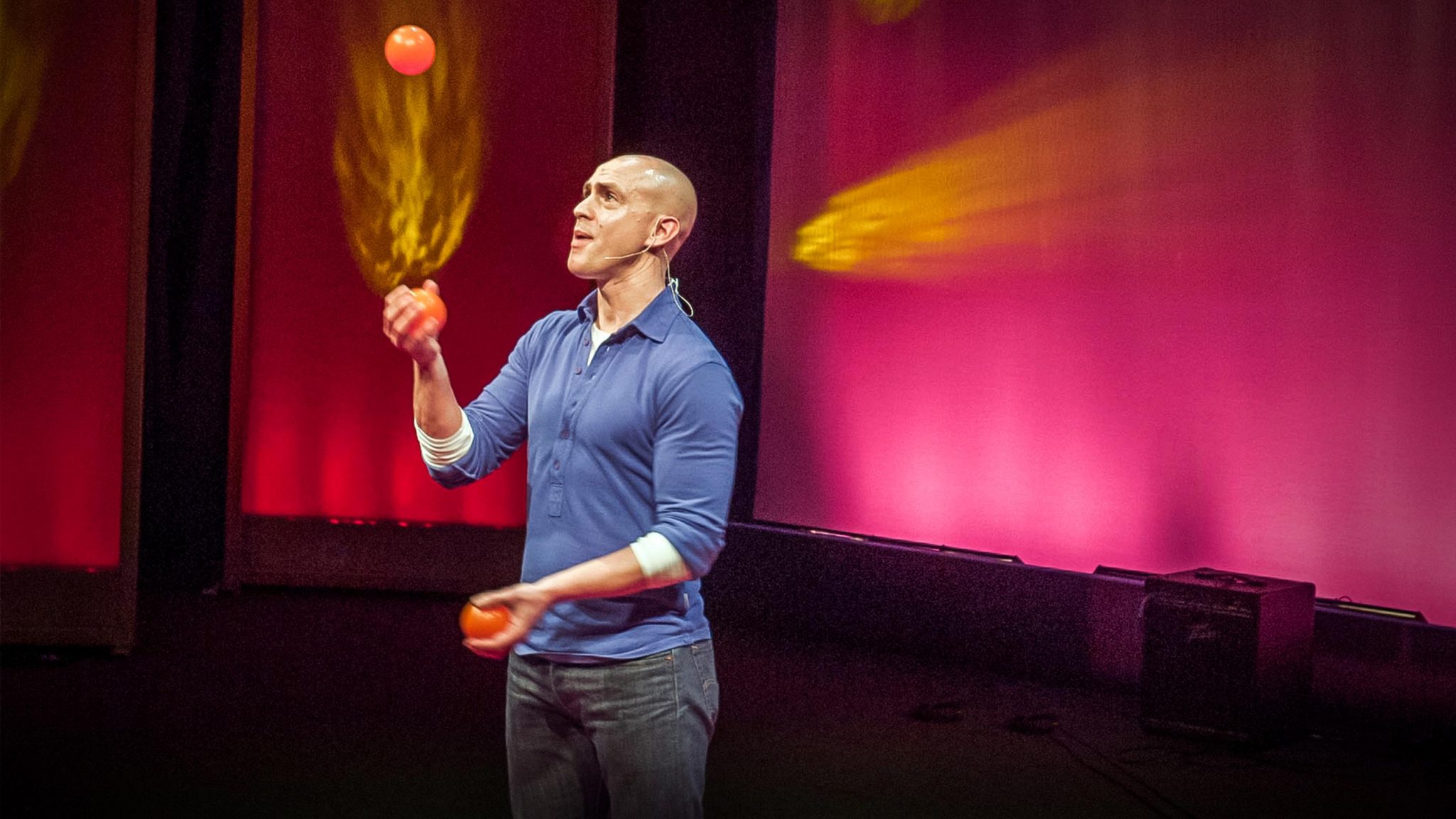In this TED Talk, mindfulness expert Andy Puddicombe presents a thoughtful exercise. He proposes that we ask ourselves a simple question:
“When did you last take any time to do nothing? Just 10 minutes, undisturbed.”
He left out any room for loopholes by excluding the internet, reading, eating or even planning for the future.
Keeping the mind distracted makes it difficult to stay rooted in the present moment. Furthermore, it even creates stress. While we spend a lot of time caring for the outward appearance, Puddicombe reminds the mind needs our care, too. If it isn’t given time to “just be”, the consequences could decrease ones quality of life.
“We miss out on the things that are most important to us. And the crazy thing is that everybody just assumes – that’s the way life is. So, we’ve just kind of got to get on with it,” he says. “That’s really not how it has to be.”
Conquering Stress
Puddicombe decided to conquer his own stress by becoming a monk. He traveled to the Himalayas to study mediation, which he considers to be an underrated practice. That’s where he gained a greater appreciation for the present. With only 10 minutes of mindfulness a day, Puddicombe says it’s possible to impact an entire life. And the framework where it happens is meditation.
“Most people assume that meditation is all about stopping thoughts, getting rid of emotions, or somehow controlling the mind. But actually, it’s quite different from that,” he says.”It’s more about stepping back, sort of seeing the thought clearly, witnessing it coming and going, emotions coming and going without judgment, but with a relaxed, focused mind.”
It takes just the right amount of cognitive balance to get it done. Too much focus creates tension and keeps the mind from relaxing. Conversely, too little focus makes it hard to stay in mediation mode, he says. To find a good balance, the meditator needs to find a “focused relaxation”. And as thoughts come and go, certain thinking patterns will be revealed.
“You might find a mind that’s really restless…. You might find a mind that’s very dull and boring, mechanical even. It might seem it’s as if you’re getting up, going to work, eat, sleep, get up, work…”, Puddicombe says. “Or it might just be that one little nagging thought that just goes round and round your mind.”
In the end, accessing one’s inner dialogue to become mindful of the brain could help people let go of these stressful narratives.
“Meditation offers the opportunity, the potential to step back and to get a different perspective, to see that things aren’t always as they appear,” Puddicombe says. “We can’t change every little thing that happens to us in life, but we can change the way that we experience it. That’s the potential of meditation, of mindfulness.”
– Ted Talks
See this original post on “TED Talks: All It Takes Is 10 Mindful Minutes.”







